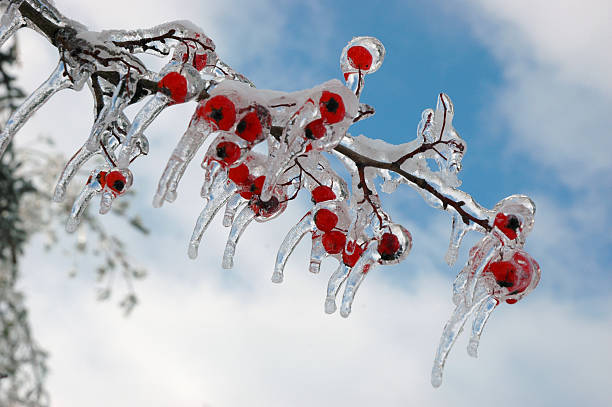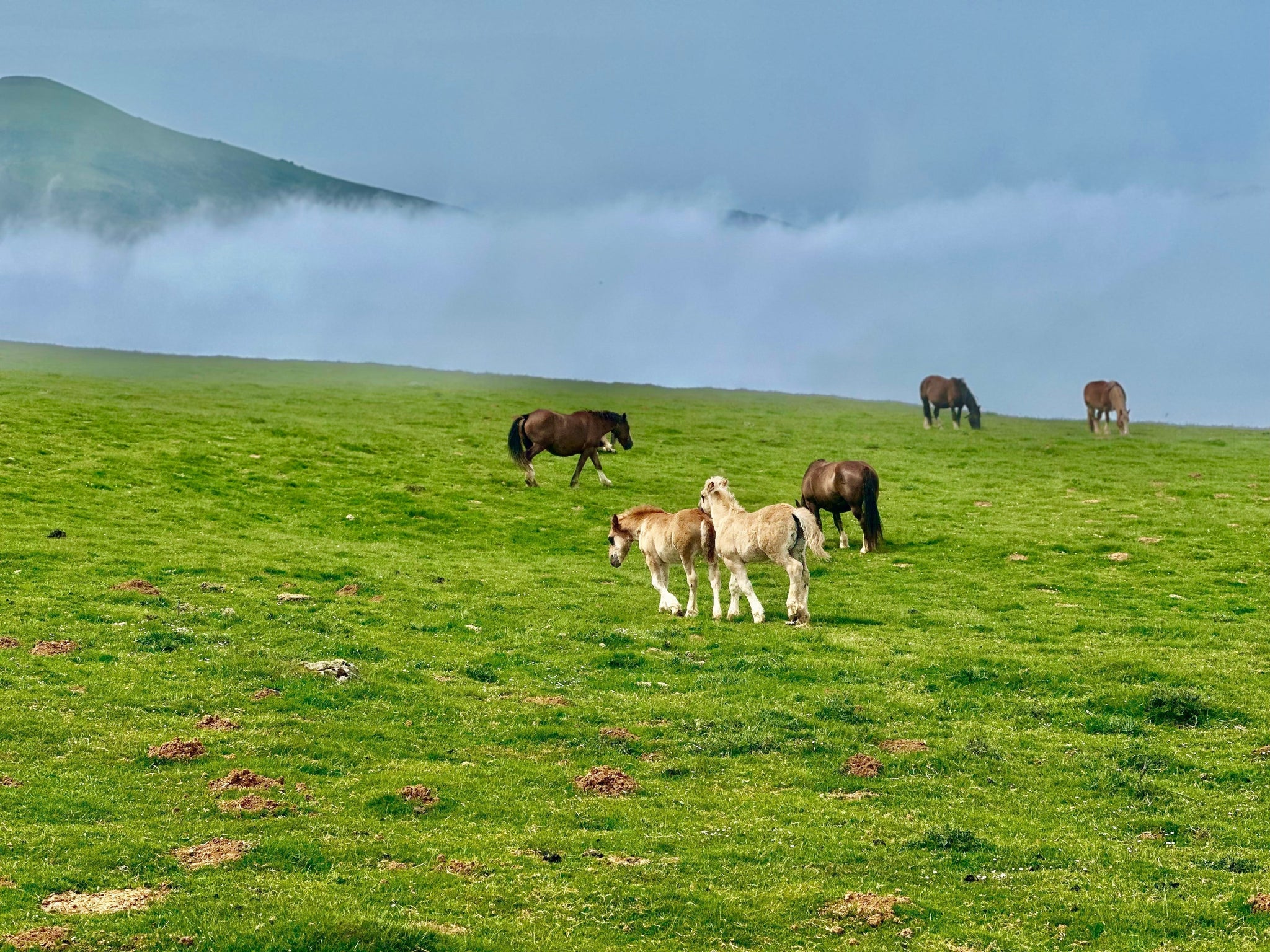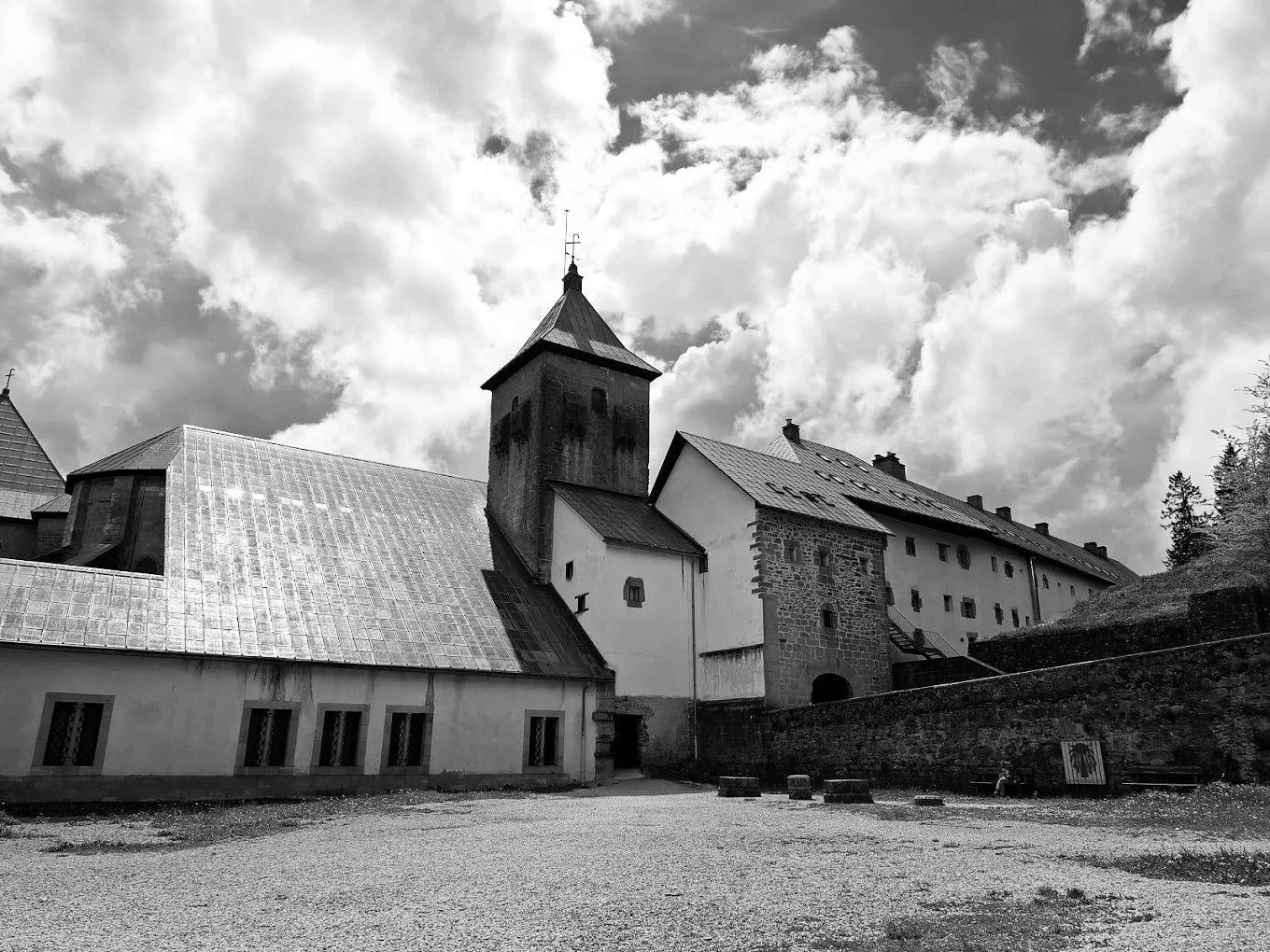“In order for the light to shine so brightly, the darkness must be present.” —Francis Bacon

In our home, this is the season of fire and ice. With the change of the clocks, I placed a small, twig wreath lined with painted red berries on the onyx counter. In the back of the kitchen cabinet, I found a tiny glass jelly jar that fit nicely within the wreath. A basket on the top shelf of the art closet is filled with an ample supply of red and white votive candles. I’ve lost track of where they all came from. Orphan lights, awaiting their turn to shine.
The first candle I placed in the jar burned down quickly, lining the bottom of the thick glass with a crimson layer of wax. Within waking hours and when we are home, I’ve kept this light burning almost as if we are dependent upon the flame. It gets lit with the rise of the sun, flush on the horizon and is snuffed out once boys are long in dreams, tea placed on the bedside table.
Peering down at the flame, the wick appears to have sprouted three glowing petals around which the blaze dances. It seems alive and as if it might count as one of us, carrying out some implicit act of support.
Lighting up what we cannot name.
When I notice the candle has nearly disappeared—building upon the layers of red and white—I walk down the hallway, open the closet door and reach for another. Nestling the fresh light into the squishy substance, I consider the ancestral pull I feel toward ceremony and regard for what has sustained us over many generations in the darkest of seasons. What is it that holds us up when things have changed, when the twilight of our hearts has been shadowed or gone dark? This is not a ritual I could enact in the warmth and brightness of summer, the earth tilted then in the direction of the sun.
At one point, I see that a layer of the metal squares that held the wicks at their bases have piled up, creating an uneven surface. With a silver knife, I dig down into the soft wax and root out the shiny pieces and remove them, then smoothing out the soft and still warm surface. Well placed and sturdy again, the light can now endure—glowing, radiant and illuminating the things we cannot see.
--
Having pulled on twelve layers of wool, I stand at the base of the stairwell calling up.
Me: If I have to wait much longer, I may die of a heat stroke.
Nearly teenage son: I don’t think that’s going to happen. Wait, I have one more thing to do—kidding!
He still holds my hand sometimes and did so recently when we strolled from store to store in search of the perfect gift. I don’t think it had anything to do with all of the chocolate we bought, thought it might not have hurt.
Outside, freezing rain has been coming down for hours and is letting up. There is a small window of time left for embracing the day before the sun sets. Many hours spent largely inside and in consumption of much of the sweet things we’d bought, has left us hungry for air.
The driveway is slippery with long sheets of ice and bumpy patches where yesterday’s slush has frozen in a raised and tire-tread pattern. Last year’s too-large coat fits Jonah snug now, and he has confirmed the presence of a hat in his pocket.
Walking, we chat about the potential in an abandoned house nearby, options for coming birthday desserts and the direction in which we should meander.
Let’s go there for a change.
Still playful and young at heart, Jonah is on the lookout for edible snow. He stops at each mailbox examining the sheet of ice that’s formed over the fresh layer of wintery white beneath. Like a surgeon, he cracks the icy coating and removes it piece by piece, scooping up a snowball, inspecting it for any dirt and nibbling on it like a treat. On one mailbox he removes a piece of ice from the hook that closes the box, and it remains in perfect form, like a glass fixture.
At the corner we admire a neighbor’s perfectly angled view of the sun beginning its descent across the water. The giant ball of golden light is expansive and perfectly round as it radiates in the center of their horizon—much like the moon has been in these last days, bulbous across the fields.
We come to another mailbox that has vines wrapped all around it as if left in an end of season hug, holding on to what will inevitably transform. The layer of ice enhances the color and texture of the leaves. Jonah uses his bare hands to free the vines from their frozen coating. I notice his delicate features and skin are radiant in the entrancing glow of the day as he uses robust movements and comments about the effect.
It seems like I am hurting them, but actually I am helping them.
I point out a Crabapple tree whose fruit are covered with crystals of ice and walk over to it. It is invigorating to absorb this fragile display of earthly decoration much like the impact of images in a children’s magical picture book. Moving on I tell Jonah about the time I walked by this house years ago and a father living there pointed out a bike ramp in the driveway and the battered landscape caused by tire marks.
He’s ruining our yard, he’d said.
As we round the bend we stop and gaze up at the trees. The sun is continuing to drop down and radiant light has landed at the tops of a grouping of trees. Layered in ice, their branches glisten and contrast against the fuchsia sky, seeming almost transparent.
We continue walking as if through a wintery still-life painting, up a winding road with ever increasing views of the setting sun.
A familiar bear-dog approaches and sits his large body right next to mine, leaning his weight up against my leg. Friends. Scratching under his neck he looks up at me and I gaze into his deep brown eyes wondering if he can feel what I feel; a knowing between us. I hold him there for a long time not wanting to end the cosmic loop of love. Eventually we part ways and move on until we reach the unpaved road at the top of the incline.
Let’s turn back so we can watch the sunset.
Heading back down the hill, within a break in the trees, we discover a sublime view of the sun and stop to watch. Little by little, the brilliant orb begins to disappear completely, one sliver at a time. We look on, trying to sense within ourselves that it is we who are rotating away.
Subscribe to my mailing list!
Leave a comment (all fields required)
Comments will be approved before showing up.


